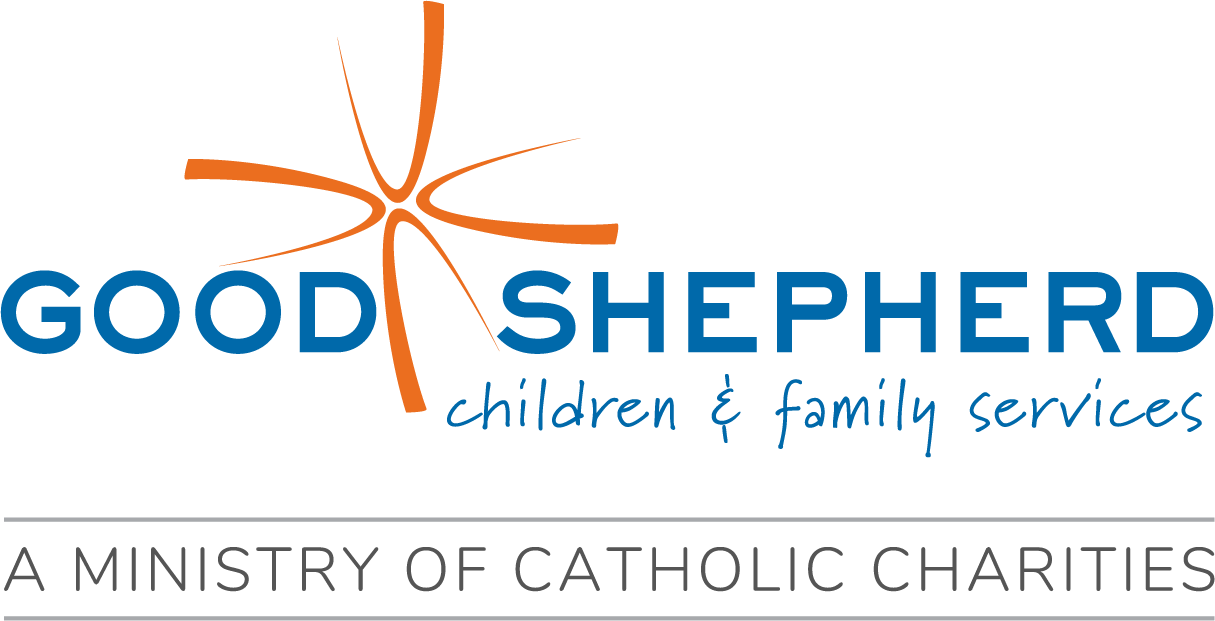Open Your Heart and Your Home
Treatment Foster Care (TFC) homes are for youth who have experienced trauma and need the highest level of care. Together, foster families, TFC Specialists and therapists form a team that wraps children in the love and support they need to overcome their challenges and thrive.
Click here to get real-life insights about Foster Care on Good Shepherd’s blog.
“This issue spoke to us as a family. We’re in our 50s and have ample room, stability, and, more importantly, room in our hearts to love a child who may just need a chance on life.”
– Theresa, foster parent
Becoming a Treatment Foster Care Parent
Requirements
There are a few requirements to become a treatment foster care parent:
- Be at least 21 years of age
- Have a safe house or adequate space for the child
- Be willing to undergo child abuse and criminal history background checks
- Be in generally good physical and emotional health
- Be financially stable
- Be of good moral character
- Be willing and able to accommodate and care for additional children in your home
- Partner with the child’s biological family as needed
What to Expect
These specialized homes accept the responsibility of providing a structured, trauma-informed living environment that invites a youth to grow and heal:
- Placements are youth of both genders, ages 12-21
- 25 hours of annual training in medication management, crisis intervention, mental health diagnosis and treatment, strength based and cultural diversity training
- Weekly consultation and training
- Work as a front line treatment provider, as well as providing the nurturing care of a substitute parent
Support
There are a variety of services and support available to treatment foster care families:
- Stipend for expenses related to the child, including clothing allowance
- 48 hours per month of respite
- Annual vacation
- 25 hours of annual training
- 24/7 access to a Family Consultant for crisis coaching and medication
- Nursing support for physical and medical concerns
- Education advocacy for challenges in your home school or special school district
- Healthcare coverage, including behavioral health services
- Ongoing support staff with specialized training
Together Facing the Challenge
Together Facing the Challenge (TFTC) is a skills-based training program for therapeutic foster parents who care for children with emotional or behavioral problems. The training program aims to help foster parents build and maintain supportive and involved relationships with children in their care. It also intends to help foster parents learn and use effective behavior management and communication strategies.
Foster parents will attend seven group training sessions:
- Building Relationships and Teaching Cooperation
- Setting Expectations
- Use of Effective Parenting Tools to Enhance Cooperation
- Implementing Effective Consequences
- Welcoming Diversity
- Transition to Young Adulthood
- Effective Communication and Taking Care of Self
Trauma-informed care principles such as safety, trustworthiness and transparency, peer support, collaboration, and empowerment are embedded throughout the curriculum. Homework exercises are assigned to foster parents between each session so that foster parents can put the theory and learned strategies into practice.

 Get Help Now
Get Help Now









